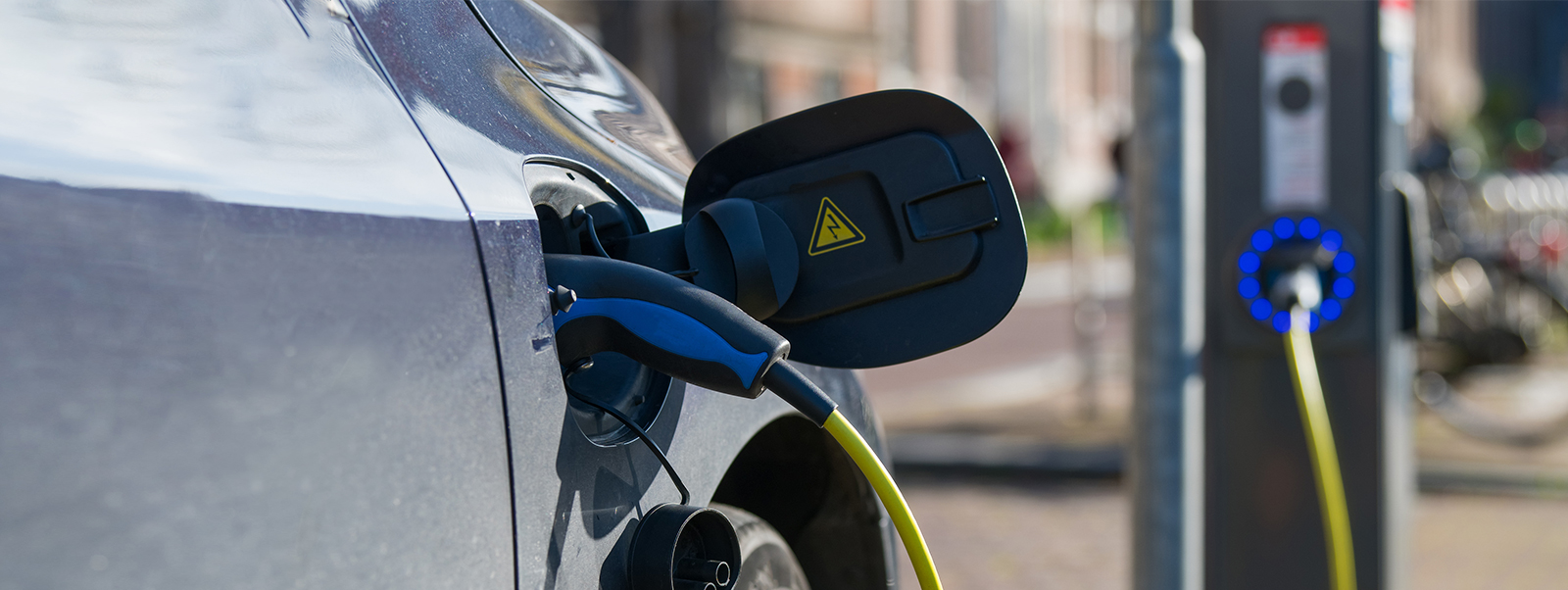By Joern Buss
This article first appeared in Forbes on March 27, 2018.
Western car manufacturers have been slow to move beyond the automobile’s century-old, internal-combustion technology. One reason is because there isn’t overwhelming consumer demand for wholly electric vehicles (EVs). It’s also hard to give up those highly lucrative margins on internal-combustion pickups and sport utility vehicles—especially in the United States. And then, there’s the confusing jumble of globally inconsistent regulations and incentives that make it difficult for automakers to plan ahead.
One thing is clear: A transition to electric vehicles is inevitable, and the best thing that could happen to the industry is exactly what is starting to happen—governments are beginning to set timetables, deadlines against which car companies can plan a smooth conversion to an EV world. While it’s doubtful many automakers would readily agree, they should thank the judges of the high court in Germany who recently ruled that German cities can legally ban diesel-powered cars and trucks—even though that ban could affect up to half of the vehicles in Germany.
They also should welcome bans on the sale of internal combustion-powered cars enacted by France, the United Kingdom, India, Norway and the Netherlands—with the earliest of these prohibitions not taking effect until 2025. Several global cities, such as Mexico City and Paris, have banned either diesel or internal-combustion cars starting in the next several years or have proposed bans.
The 2040 Outlook
And while no date has been set, China—the world’s biggest automotive market—has put its automakers on notice that an IC ban is coming. The bottom line to recent regulations: By 2040, if not before, the majority of new car sales outside of the United States will likely be electric—even though today Western car companies only have a few models to even offer.
To read the rest of the article, please click here.
About the Author
Joern Buss is a Detroit-based partner in Oliver Wyman’s automotive practice.





